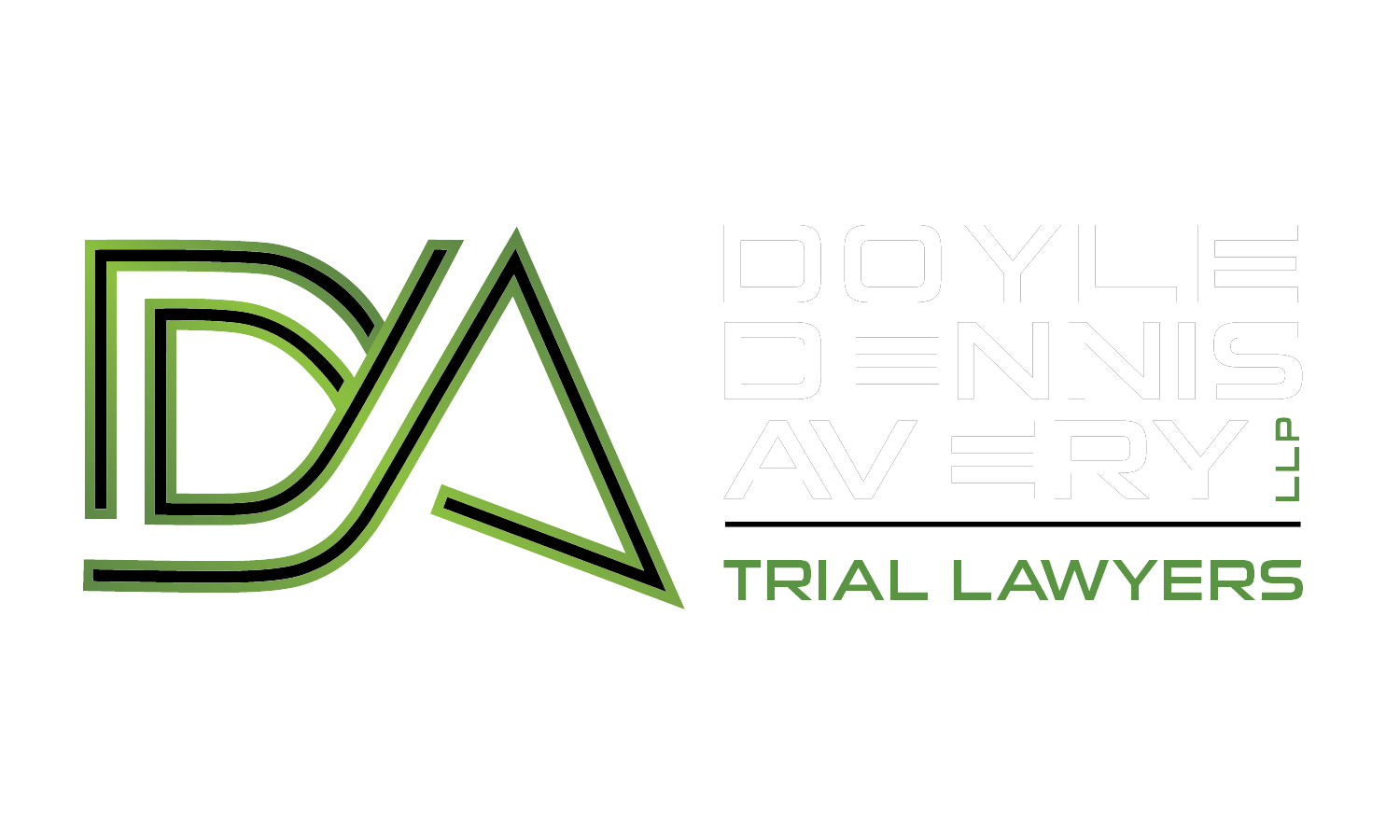Defense Contractor Whistleblowers
Doyle Dennis Avery LLP represents employees of federal defense contractors who have reported violations of law. As established by the Department of Defense Authorization Act of 1987 (“DDAA”), Congress expanded whistleblower protection to workers and employees associated with defense contractors. Specifically, Congress based 41 U.S.C. § 4712 and 10 U.S.C. § 2409, which both broadly protected employees working for federal contractors.
Who is protected?
Under the DDAA, the following acts are protected:
- Gross mismanagement of a federal contract or grant,
- Gross waste of federal funds,
- An abuse of authority relating to a federal contract or grant,
- A violation of law, rule, or regulation related to a federal contract (including the competition for or negotiation of a contract) or grant.
-
A substantial and specific danger to public health or safety.
In addition, the report must be made to any of the following:
- A Member of Congress or a representative of a committee of Congress
- An Inspector General.
- The Government Accountability Office.
- An employee of the Department of Defense or the National Aeronautics and Space Administration, as applicable, responsible for contract oversight or management.
- An authorized official of the Department of Justice or other law enforcement agency.
- A court or grand jury.
- A management official or other employee of the contractor or subcontractor who has the responsibility to investigate, discover, or address misconduct.
Who is protected?
Any employees working for a federal government contract or grant, including employees of contractors, subcontractors, grantees, or subgrantees
What is Retaliation?
Federal law generally protects employee from discharge, demotion, or discrimination because the employee made a protected report.
What is the deadline to file a complaint?
Generally, a complaint must be filed within 3 years of the adverse action
How can I prove retaliation or wrongful termination?
To prove a claim of retaliation by a defense contractor, a worker must show that they engaged in a protected act, the employer subjected them to an adverse action, that the employer knew about the protected act, and that the act was a contributing factor in the adverse action. Because the DDAA applies the contributing factor standard for causation, the employee only needs to show that the protected act was a factor which, alone or with other factors, in any way affects the outcome of a decision.
How do I file a claim or lawsuit?
Under the DDAA, an employee must file a complaint to the Inspector General of the executive agency involved. The Inspector General will then investigate the complaint and, upon completion of such investigation, submit a report to the employee and the contractor, and the head of the agency. Within 30 days after receiving an Inspector General report, the head of the executive agency shall determine whether there is sufficient basis to conclude that the contractor retaliated against the employee. If the head of an executive agency issues an order denying relief or has not issued an order within 210 days after the submission of a complaint the employee may file a lawsuit in the appropriate district court of the United States,
What Damages are available?
An employee may recover compensatory damages, including lost wages, mental anguish, punitive damages, and attorneys’ fees.
Copyright © 2025 Doyle Dennis Avery LLP Trial Lawyers. All rights reserved. Powered By Blue Beam LLC
The information on this website is intended for general informational purposes only and is not legal advice for any individual case or situation. Viewing or receipt of content on this website does not create an attorney-client relationship between the user and Doyle Dennis Avery LLP.
The cases, verdicts and settlements displayed on this site are solely for illustrative purposes and should not be considered a guarantee or prediction of the outcome of any other claims or cases. Each case is unique, and past outcomes are not indicative of future results.
We recommend that users consult with an attorney for legal advice on any questions or concerns they may have. Users rely on the information on this website at their own risk.
